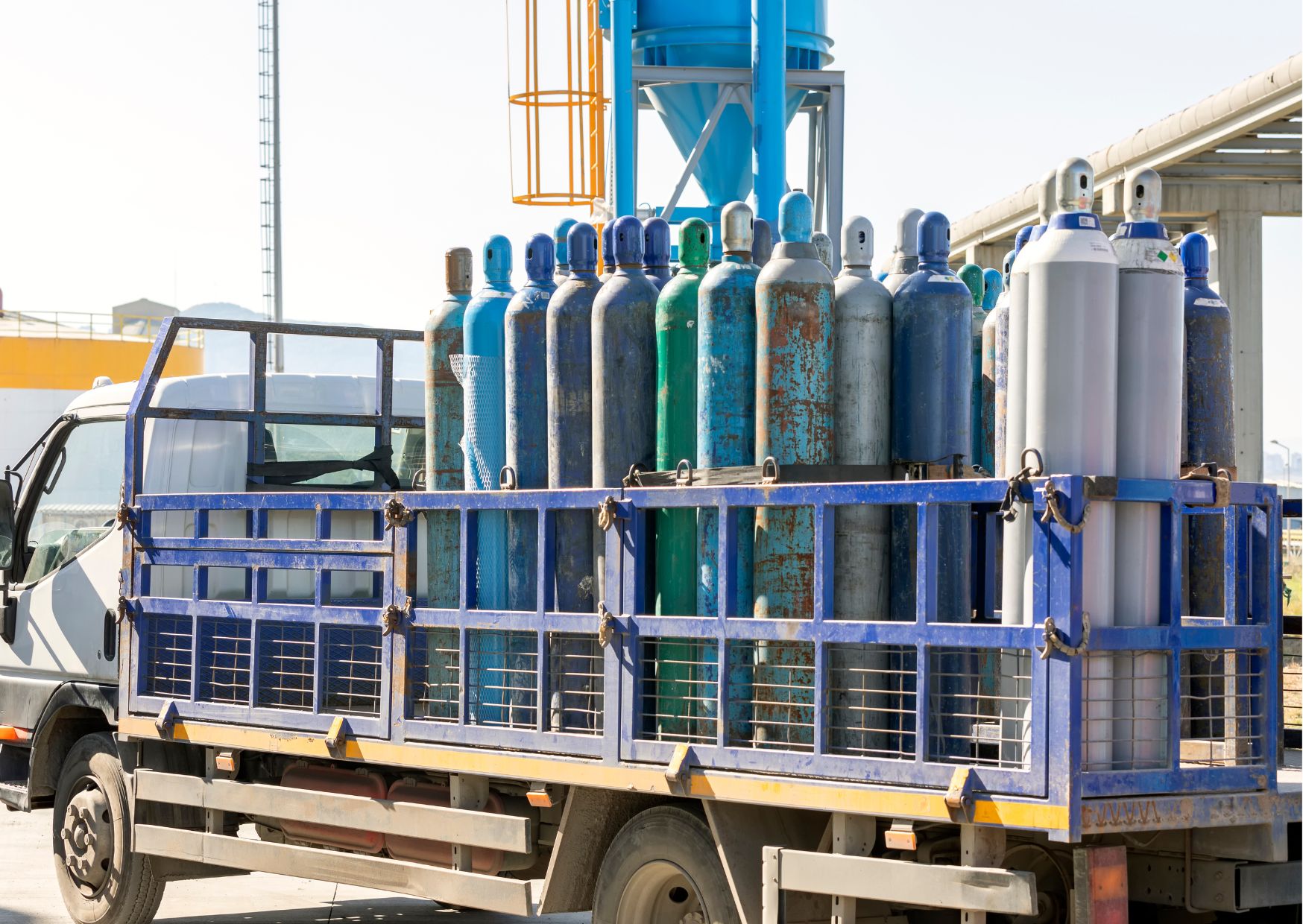🔥 Ready to take your safety skills to the next level and become a master in handling compressed gas cylinders? Look no further than our Mastering Compressed Gas Cylinder Handling course – the ultimate training program designed to equip you with the knowledge and expertise needed to safely and effectively handle compressed gas cylinders in any industrial setting! 💪
Compressed gas cylinders are commonly used in various industries, including manufacturing, construction, healthcare, and laboratories. However, mishandling or improper storage of these cylinders can lead to serious accidents, including leaks, explosions, and chemical exposure. This course is your key to mastering the proper techniques for handling, storing, and transporting compressed gas cylinders, ensuring the safety of yourself and those around you.
📚 What will you learn?
Through interactive lectures, practical demonstrations, and hands-on exercises, you’ll gain the skills and confidence needed to handle compressed gas cylinders safely and efficiently, minimizing the risk of accidents and injuries.
👩🔬 Who is this for?
🌟 Benefits of taking this course:
🚀 Career Path: Upon completing the Mastering Compressed Gas Cylinder Handling course, you’ll be well-equipped to pursue various career paths in occupational health and safety, industrial hygiene, facilities management, and emergency response, including:
Whether you’re looking to enhance safety protocols in your current role, pursue new opportunities in occupational health and safety, or take on leadership positions in your organization, this course will provide you with the skills and knowledge needed to succeed.
🤔 FAQs:
Q: Is this course suitable for individuals with no prior experience in handling compressed gas cylinders? A: Yes, this course is designed to accommodate learners of all levels, from beginners to experienced professionals. Our comprehensive training program covers all the essential knowledge and skills needed to handle compressed gas cylinders safely and effectively.
Q: How long does the course take to complete? A: The duration of the course varies depending on individual learning pace and schedule. On average, participants can expect to complete the course within a few hours to a few days, including lectures, practical exercises, and assessments.
Q: Will I receive a certificate upon completion of the course? A: Yes, upon successfully completing the course requirements and assessments, you will receive a certificate of completion, which you can add to your professional portfolio or resume to showcase your expertise in mastering compressed gas cylinder handling.
Q: Are there any prerequisites for enrolling in the course? A: There are no strict prerequisites for enrolling in the course, although participants are encouraged to have a basic understanding of workplace safety principles. Familiarity with industrial processes and hazards may be beneficial but is not required.
Q: How much does the course cost? A: The cost of the course varies depending on the institution or training provider offering it. Some options include one-time payments, installment plans, or financial aid options for eligible participants.
Don’t take chances with compressed gas cylinder handling – enroll in the Mastering Compressed Gas Cylinder Handling course today and become a safety master in your workplace! 🛠️🔒

Want to receive push notifications for all major on-site activities?